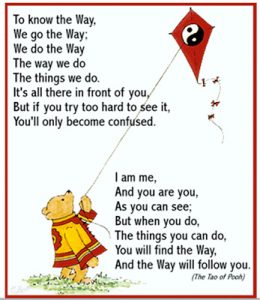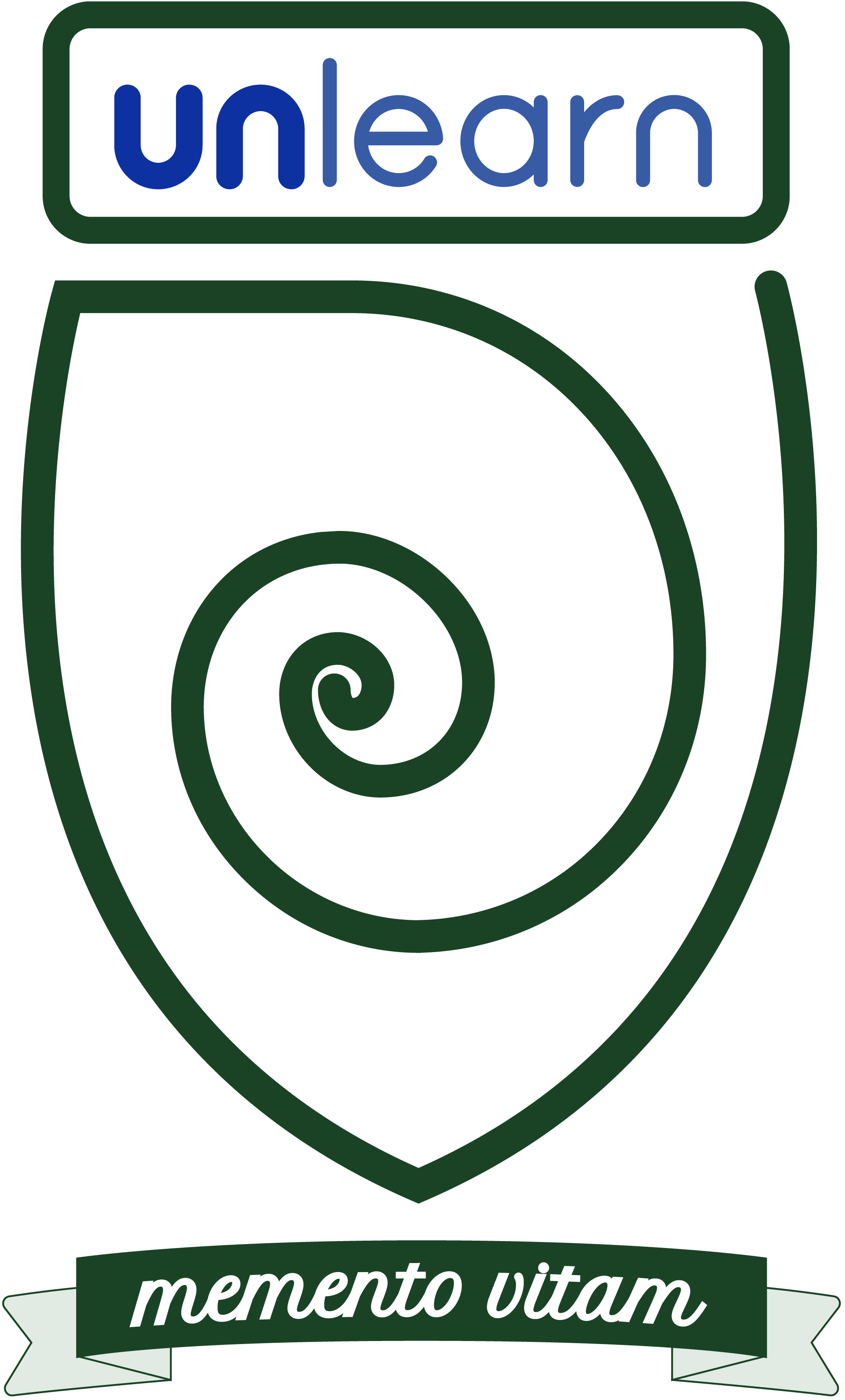
– Why do we need to “learn” Master?
– Because we need to cope with the world and adapt to survive grasshopper. We need to learn, but then unlearn and relearn.
This imaginary conversation between Master Po and The Young KCC reveals our approach to learning: it must be designed and experienced so as to help us for life, not just for school. Yet, here “life” is a critical and examined one in which every second is an opportunity to observe and immerse in multiple realities, to go with the flow, experiment and “know”. Learning makes life a valuable and meaningful journey, that’s why we devoted ours to share this experimence* with our fellow learning partners and network members.
*an experience offering the observation of already-known phenomena along with an experiment to see new frontiers and non-observed facts
THE WAY…
The answer lies in a quote by Alvin Toffler, yet another source of inspiration for us:
“The illiterat e of the 21st century will not be those who cannot read and write, but those who cannot learn, unlearn, and relearn.”
e of the 21st century will not be those who cannot read and write, but those who cannot learn, unlearn, and relearn.”
Disruptive technologies, globalisation, demographic shifts, political turmoils, economic uncertainties… needless to cite more.
The “environment” is chaotic!
Considering the uncertainty and complexity of such a magnitude, all we think we know is perishable and has a very short shelf life. Our points of reference are getting blurred, hence the building blocks of a learning process change shape, size and material. Frankly speaking we don’t know what can be known, fellows.
Ah, and we have other news for you, perhaps one you’re already aware of: On top of this ontological challenge, we’re almost lost in an epistemological labyrinth as well. How shall we learn and keep being the master of available knowledge? A very old institution, called “school” is based on a sage on stage deigning to share the sacred and absolute knowledge with a bunch of pariah. Being exposed to the written, visual, live and/or asynchronous rhetoric of the master would suffice to make you “learn”.
Well, not anymore!
How about practicing and experiencing a supposedly correct method; would it be enough to make you an expert? Well, you can excel in a practice, be able to make it faster, keep the same standard quality every time you do it. Yet, it doesn’t help you to overcome the challenges you’d face when the linear trend starts dancing as it never did before (errrr… let’s say “at least in your lifetime”).
Perhaps at this point, it’s best to leave the floor to a master on human nature: Mephistopheles*. His excellence in articulation is not comparable to anyone in our team, so let’s hear him first and then we’ll deploy our humble skills to elaborate on the ground he built:
Use well your time, so rapidly it flies;
Method will teach you time to win;
Hence, my young friend, I would advise,
With college logic to begin!
Then will your mind be so well braced,
In Spanish boots so tightly laced,
That on ’twill circumspectly creep,
Thought’s beaten track securely keep,
Nor will it, ignis-fatuus like,
Into the path of error strike.
Then many a day they’ll teach you how
The mind’s spontaneous acts, till now
As eating and as drinking free,
Require a process;—one! two! three!
In truth the subtle web of thought
Is like the weaver’s fabric wrought:
One treadle moves a thousand lines,
Swift dart the shuttles to and fro,
Unseen the threads together flow,
A thousand knots one stroke combines.
Then forward steps your sage to show,
And prove to you, it must be so;
The first being so, and so the second,
The third and fourth deduc’d we see;
And if there were no first and second,
Nor third nor fourth would ever be.
This, scholars of all countries prize,—
Yet ’mong themselves no weavers rise.—
He who would know and treat of aught alive,
Seeks first the living spirit thence to drive:
Then are the lifeless fragments in his hand,
There only fails, alas! the spirit-band.
This process, chemists name, in learned thesis,
Mocking themselves, Naturæ encheiresis.
It’s difficult to keep writing after reading these divine lines, yet let’s take the challenge for the sake of expressing ourselves. As vise and naughty Mephistopheles argues, we need to stroll in the uncharted lands of expression and experimentation to explore and create “knowledge”.
We hold the hands of our learning partners and ride through the lines of a spira mirabilis to reach and leave behind a series of ephemerous excellence points on the never ending route to knowledge.
Our task in this journey
is to facilitate the process,
provide the resources
and give feedback
while our learning partners
are exposed to knowledge,
experience the proven methods,
express themselves employing critical thinking
and finally take critical action to experiment the “new”.
Mephistopheles is a devil in the form of a greyfriar summoned by Faust in a wood outside Wittenberg.
